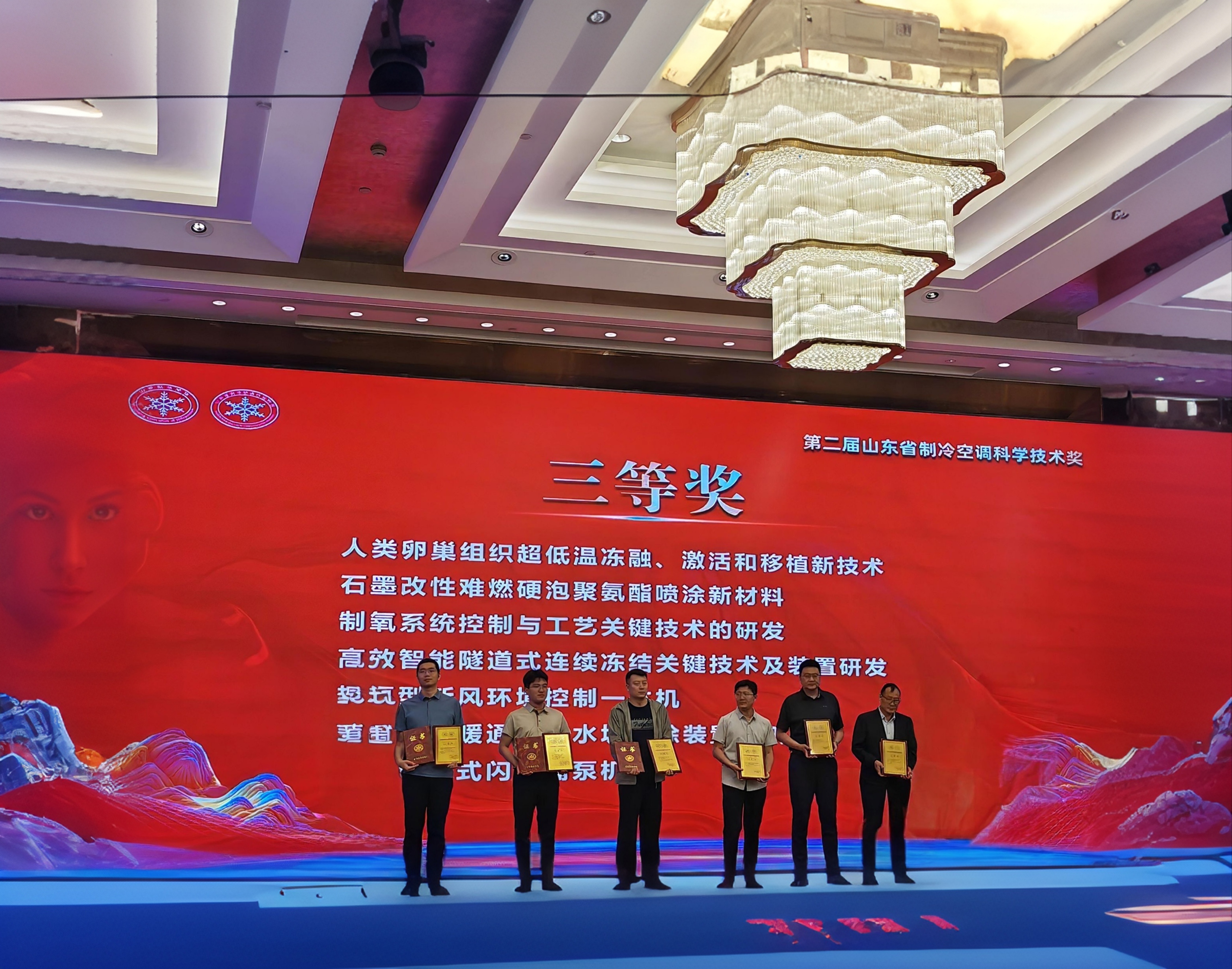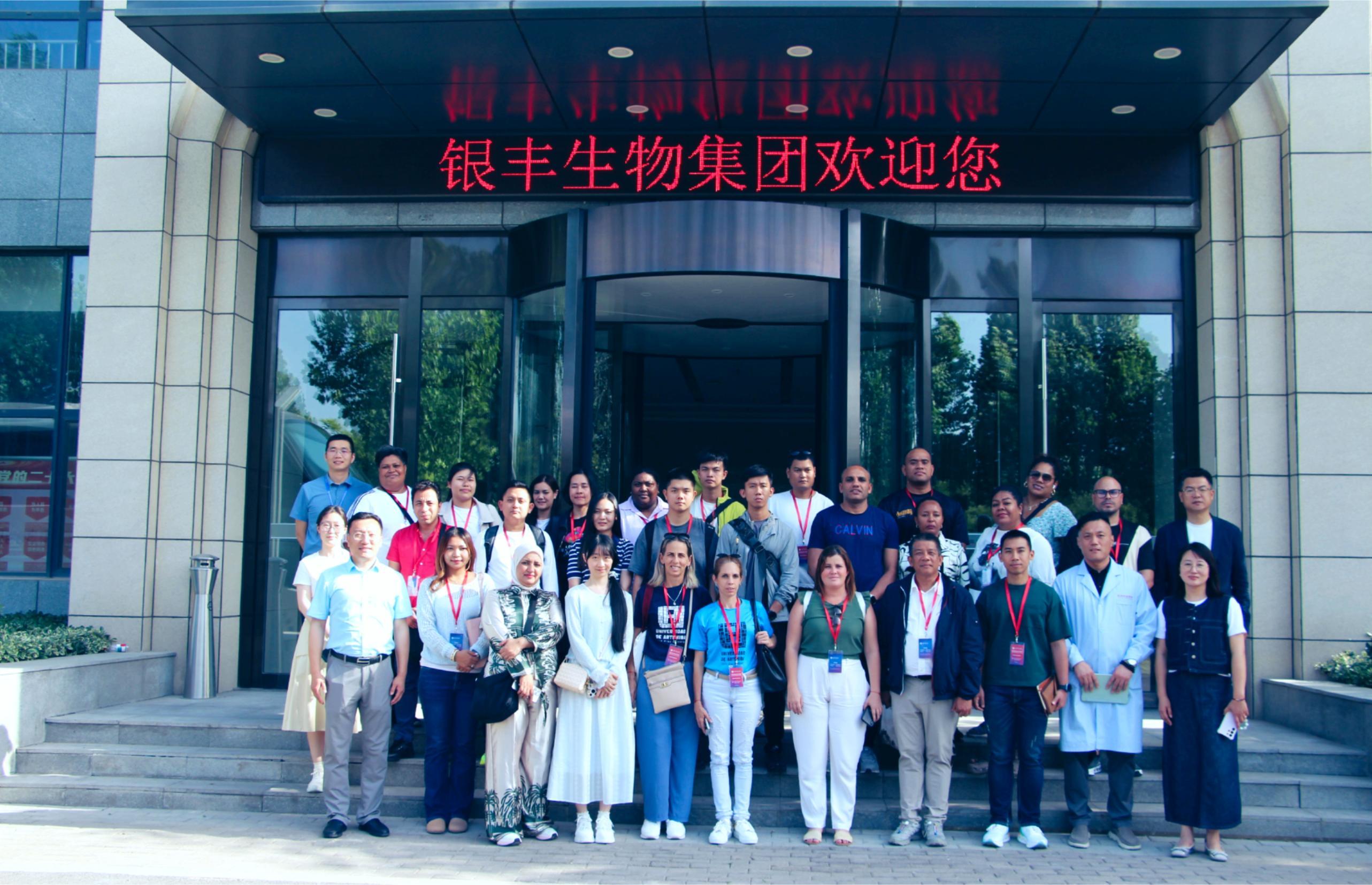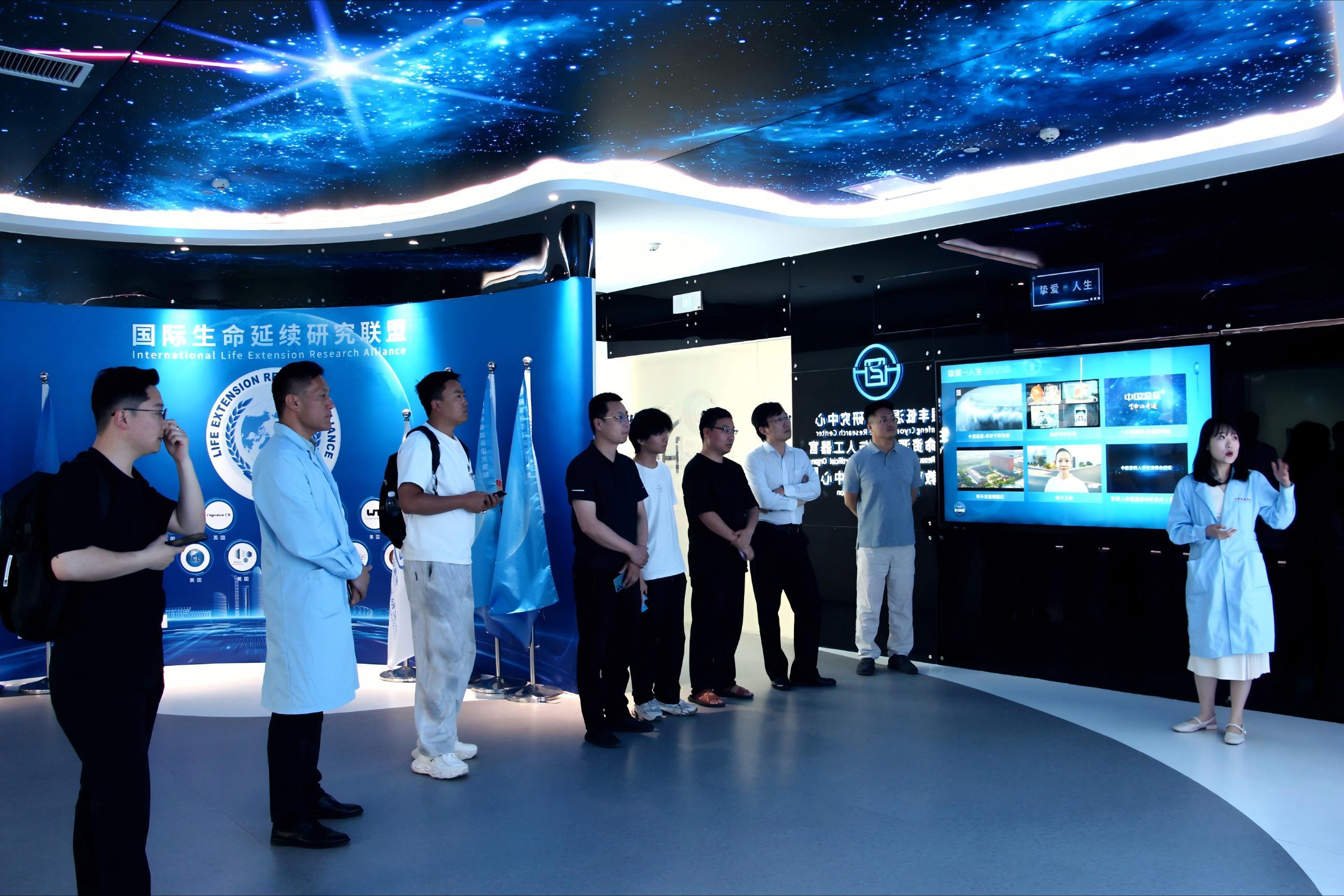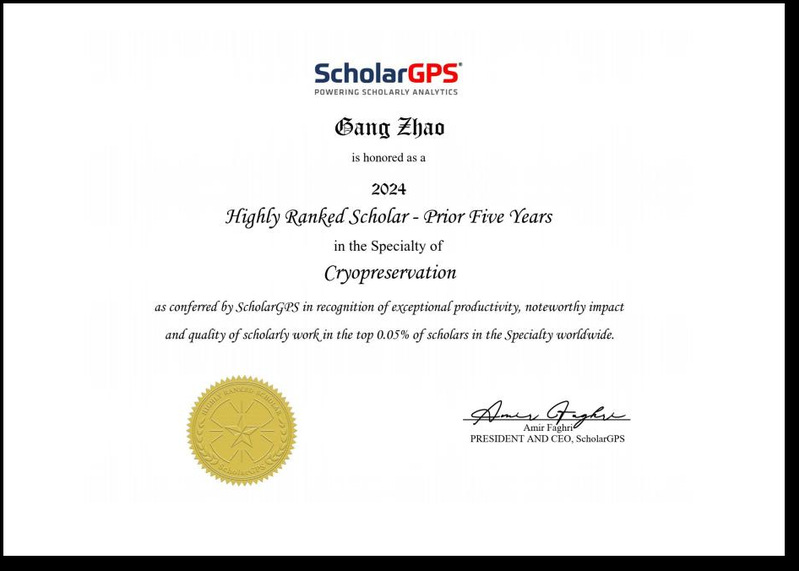Asia's First Xenotransplanted Kidney Recipient Exceeds 30 Postoperative Days, Meets Discharge Criteria
Release time:
2025-04-11
On April 8 (Tuesday), Xijing Hospital of Air Force Medical University announced a major breakthrough in Asia’s first gene-edited pig kidney transplant for a patient with end-stage renal disease. The patient has maintained stable kidney function for 32 days post-surgery and met discharge standards. This achievement marks a milestone in China’s clinical research on xenotransplantation, offering new hope for patients with terminal kidney disease.
Overcoming Challenges: Stable Vital Signs
Under the guidance of Academician Dou Kefeng from the Chinese Academy of Sciences, a multidisciplinary team led by Dr. Qin Weijun from the hospital’s urology department successfully transplanted a gene-edited pig kidney into the patient on March 6. The surgical team addressed critical hurdles unique to xenotransplantation—immune rejection, coagulation disorders, and pathogen risks—through three innovative strategies: precise immunosuppression, coagulation regulation, and infection control.
Post-surgery, the patient’s vital signs remained stable, with serum creatinine levels maintained between 66-110 μmol/L and 24-hour urine output stabilized at 1800-2600 ml. Continuous monitoring and tailored treatment adjustments ensured smooth recovery.
“This breakthrough demonstrates new clinical possibilities for treating end-stage renal disease and confirms the feasibility of xenotransplantation, providing critical theoretical and technical foundations for future applications,” stated Academician Dou Kefeng.
How Pig Organs Could "Cross Species" to Save Lives
Xenotransplantation—the transfer of organs across species—is seen as a promising solution to the global shortage of human donor organs. While primates like chimpanzees were initially tested as donors, their use proved impractical.
Pigs, however, offer distinct advantages: their organs are structurally and functionally similar to humans, pose lower zoonotic disease risks, and are cost-effective to breed. Yet two major barriers remain: porcine endogenous retroviruses (PERVs) and hyperacute immune rejection.
Advances in gene-editing and immunology now enable scientists to delete risky genes in pigs and insert human genes, enhancing transplant compatibility and long-term survival prospects.
Recent breakthroughs in gene-edited pig organ transplants continue to drive progress. As this technology matures, it holds promise to address the global organ shortage crisis and usher in new hope for human health.
Latest developments
Recently, the "Novel Technology for Ultra-Low Temperature Cryopreservation, Activation, and Transplantation of Human Ovarian Tissue," developed through a collaborative effort between Shandong Yinfeng Life Science Research Institute and Beijing University of Chinese Medicine Shenzhen Hospital, has been awarded the 2025 Shandong Refrigeration and Air Conditioning Science and Technology Award. This groundbreaking technology pioneers a new pathway for female fertility preservation, marking a significant leap in China’s interdisciplinary advancements in reproductive medicine and cryobiology.
On May 19, a delegation from the Chinese Training Workshop for Government Officials of Developing Countries visited the exhibition hall of Yinfeng Biological Group's Cryomedicine Research Center. Government officials from multiple countries gained in-depth insights into Yinfeng’s innovative achievements in cryobiomedicine, cell storage, genetic technology, and other fields. They engaged in discussions with the delegation on technology transfer and international cooperation, contributing to the building of a global community with a shared future for humanity.
On the morning of May 17, 2025, an immersive exploration into life sciences and cryomedicine concluded successfully at Jinan Yinfeng Biological Science Park. Hosted by the Shandong Yinfeng Life Science Research Institute, this event offered members a firsthand look into the research base through activities such as ultra-low temperature cryotherapy experiences, brainwave signal acquisition system trials, and expert panel discussions. Participants witnessed the infinite possibilities that cryogenic technology and life sciences hold for humanity.
The international academic platform ScholarGPS recently announced its global lists of Highly Ranked Scholars - Lifetime and Highly Ranked Scholars - Prior 5 Years, recognizing the top 0.05% of scholars across various disciplines. Among the selected Chinese scholars are national-level talents, leading figures in specialized fields, and seasoned academics dedicated to long-term research.
In January 2025, members of the Yinfeng cryomedicine team actively participated in the "Sino-French Aerial Emergency Medical Rescue Training" and obtained certification. This signifies a further enhancement of the team's professional capabilities in the field of international emergency medical rescue.
Brands are an important symbol of high-quality development. Under the drive of strategies such as Brand Strong Province and Good Products Shandong, Shandong brands have risen to prominence. Particularly in recent years, Shandong brands have focused on new quality productivity, using "new" to enhance quality, achieving remarkable results in high-quality development.












